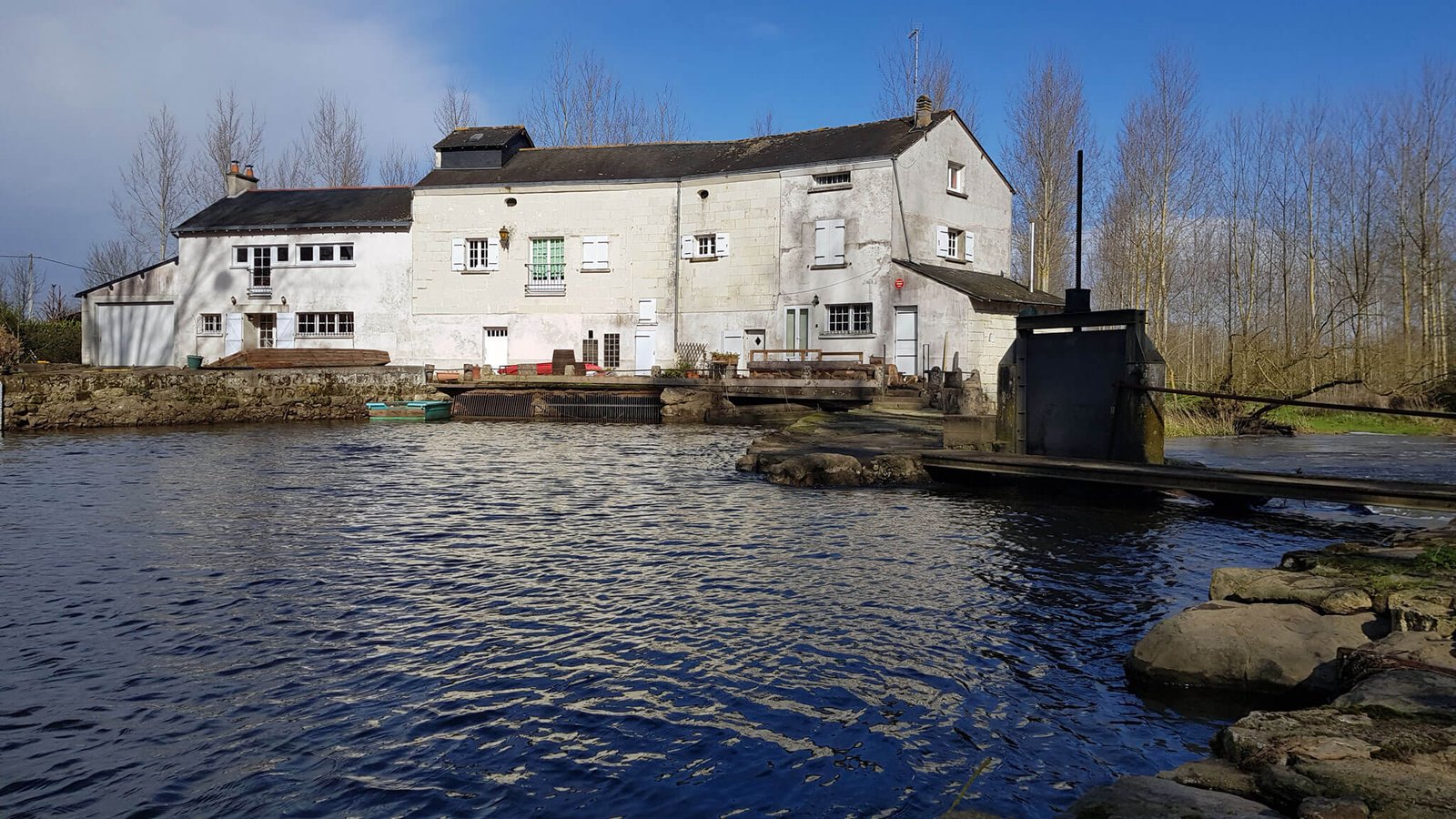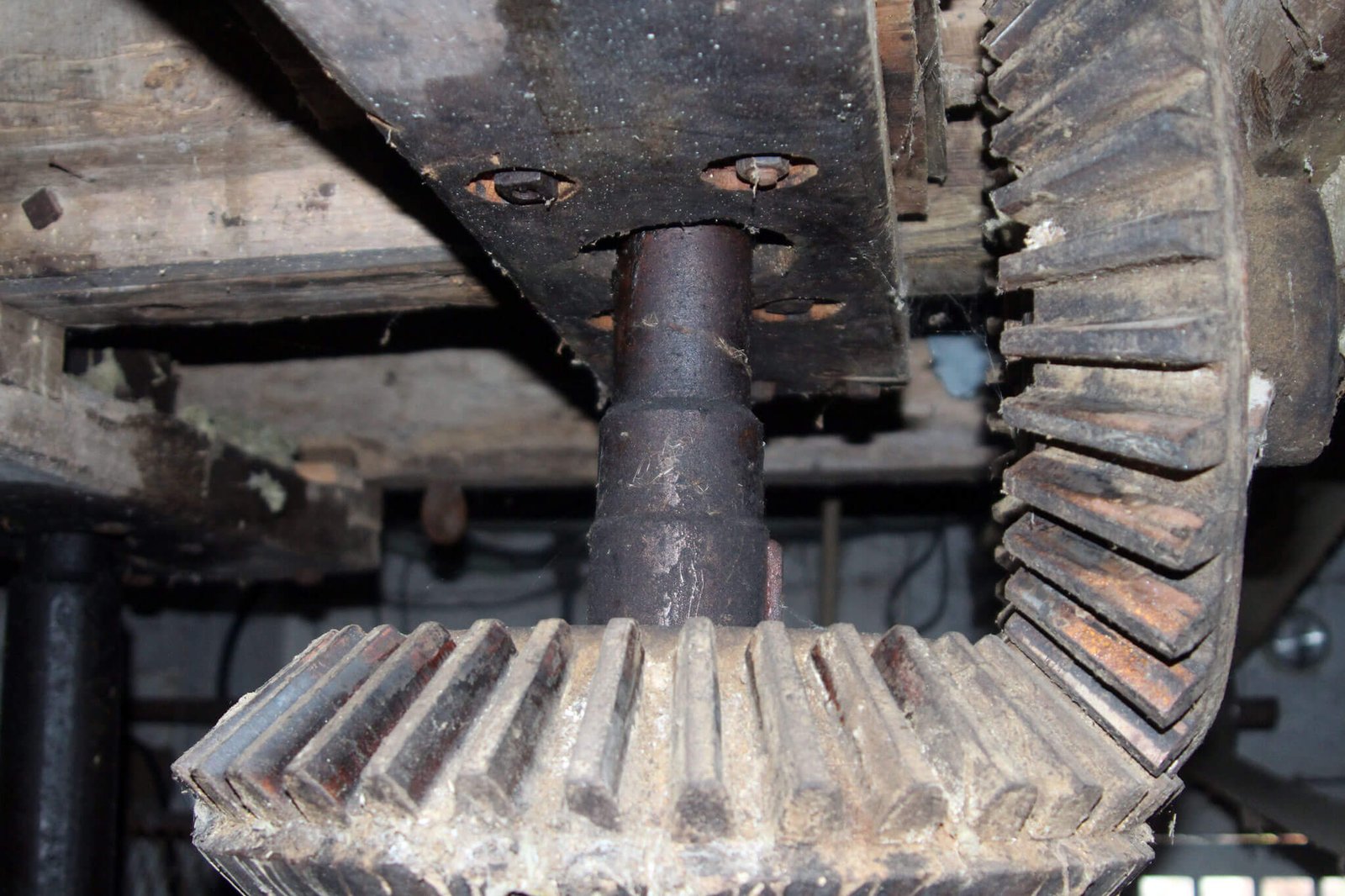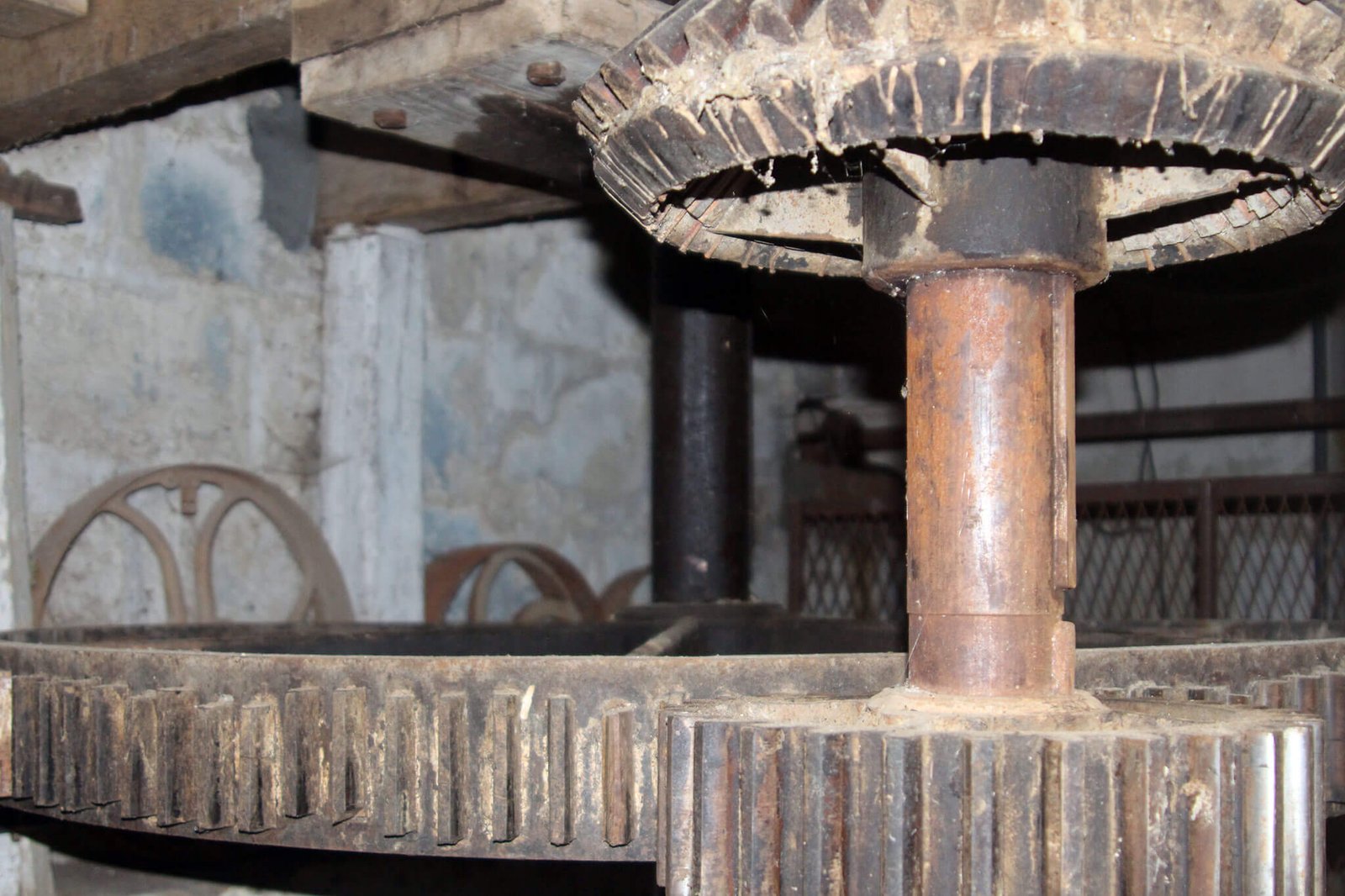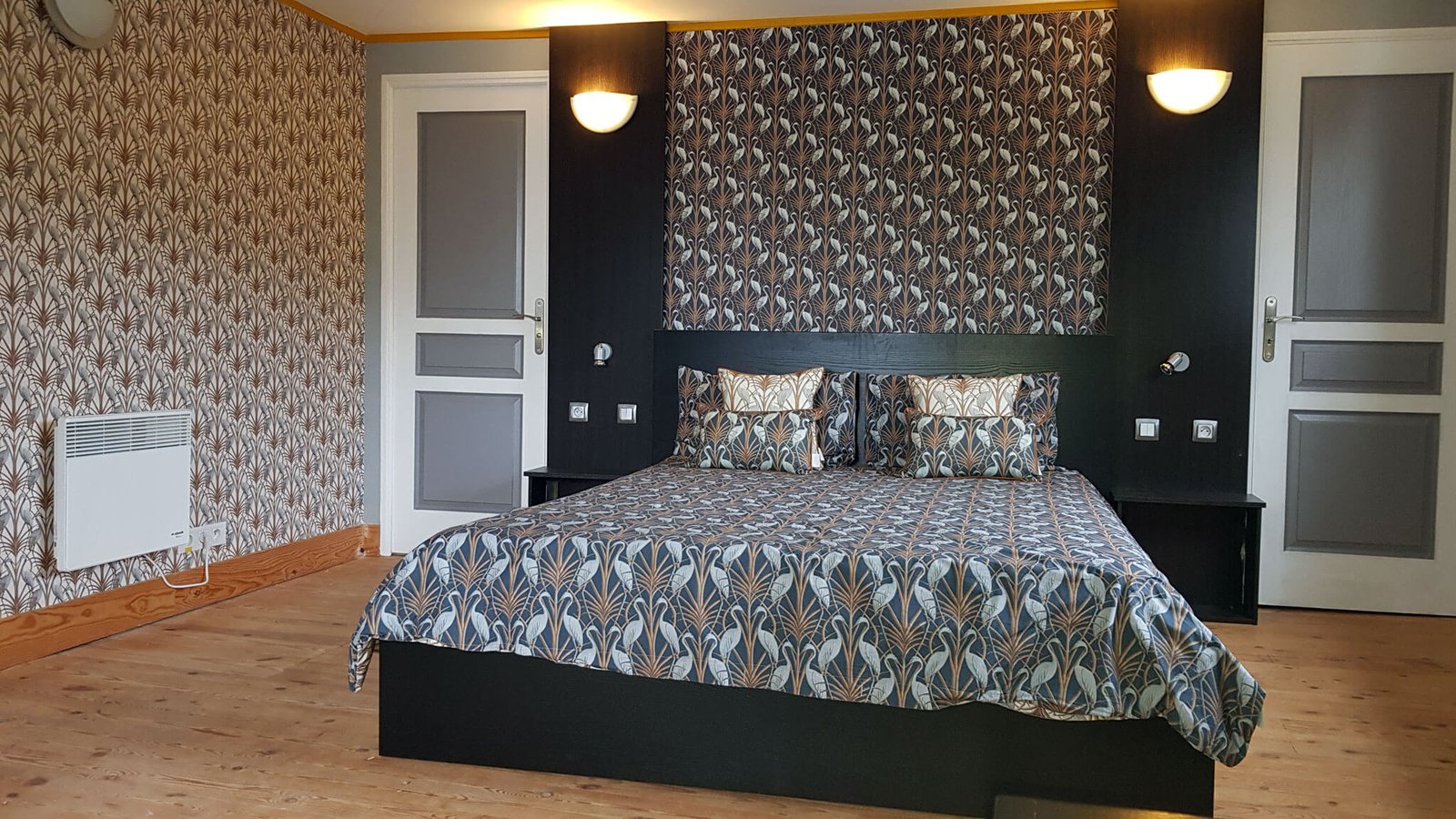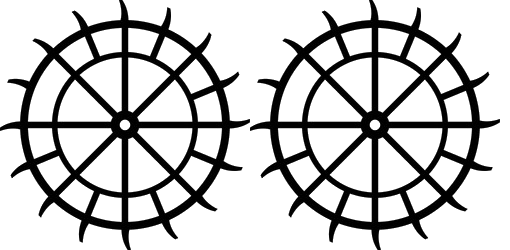
What does being green mean to us?
Consumption of Energy
Lighting
We have changed all light bulbs to LED or fluorescent where existing fittings permit and are changing fittings/lighting to adopt low energy lighting as we progress with the refurbishment of the building.

Laundry
We have modern efficient washing machines and use natural heat/air to dry washing either directly in the sun outside or in the heat created by the sun in the loft. When mechanical/heated drying is necessary we use heat-pump tumble dryers which are the most efficient. We try to avoid ironing (not just because of the energy consumption) as it is an environmental cost with only aesthetic benefits. Guests are invited to use the same towels for the duration of their stay.

Heating
We have a variety of energy sources for heating (solar, hydro, drift wood, electricity, oil) and prioritise their use to maximise efficiency and minimise cost.
Transport
We have bikes available to rent for visitors to use if they don’t arrive on their own. We have electric bikes too so when we are in a bit of a rush we can still avoid the use of cars and vans where practical to do so.

Energy Sources
Electricity (bought)
We have a 3-phase supply from EDF. For some of our uses, 3-phase power is a more efficient electrical energy source. For example – a single phase motor draws significantly more current than the equivalent 3-phase motor.
We are also on the EDF tempo tariff – this means we are more aware of the national cost of electricity production. We are motivated to minimise electricity use at peak times of demand when the additional generating plant used to meet this increased level is typically the least efficient and most expensive.

Gas
Compared with electricity, gas is a much more efficient energy source for cooking and has lower CO2 emissions. Because of this and because it is much cheaper to run than an electric one, we use a gas hob.

Oil
We have an oil boiler that can provide the heat for our central heating system and hot water for washing. This is very much our last resort as it is a (dirty) fossil fuel and is used only for a few days a year. It is annually serviced to ensure it is performing at optimal efficiency.
Wood
Being on a river we are constantly supplied with dead branches, trees and other wood debris that arrives at our door. For aesthetic reasons we remove this and then set it to aside to dry. This fuel supply is then used in a 42kW wood burner that has been designed to maximise the delivery of heat in the form of hot water. This is the primary method of heating the building and providing hot water.

Solar
Having discovered that, on a sunny day, the slate roof tiles heat the space immediately behind them to 25-85C, we are currently working on a project to capture this heat in a solar powered hot water solution. We believe the 30 sqm of south facing roof should be able to meet most of our hot water requirement in the summer months.

Hydro Electricity (Generated)
We already have one of the water wheels connected to a 10kW 3-phase electricity generator (alternator). The equipment to maintain a steady supply is in place too. We have rebuilt the water wheel (it sat for 30 years in mud and water) and have it now turning. We are now refurbishing the transmission mechanisms which, when up and running, it is likely to meet all of our energy needs.

Waste Management
Purchasing behaviour
When buying groceries we do what we can to choose foods and other goods that are not in a container or are packaged in something we can re-use or is easily recyclable.
With building materials and other items of hardware we try to buy in bulk as this usually means a lot less packaging per item.
Composting
We dont have much food waste – renovation is hungry work! However the bits that are inedible are now put into our compost bin.

Domestic Recycling
We reuse glass jars for homemade jams and storage, plastic bottles for soups, plastic croissant boxes make great mini greenhouses! Broken or redundant devices are stripped of useful screws, bolts, cables, feet, handles etc.

Community Recycling
Rather than have dustbins of all types of rubbish collected weekly, we have chosen to take a more proactive approach to waste disposal. By committing to take all of our rubbish to the local recycling centre ourselves, we are motivated to keep the amounts to a minimum through re-use and to ensure as much as possible of the rest is pre-sorted so that everything ends up in the right place at the Déchetterie.



